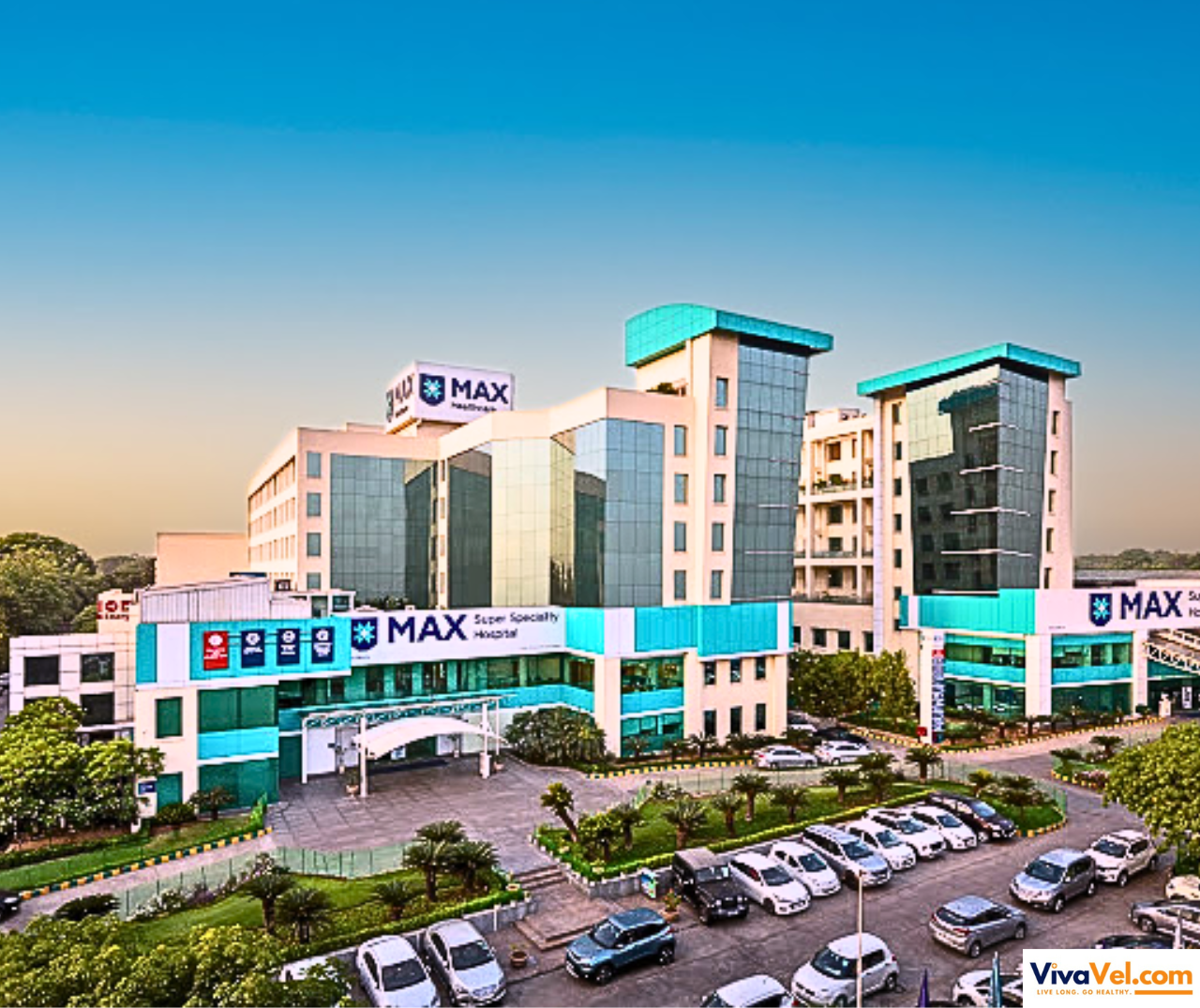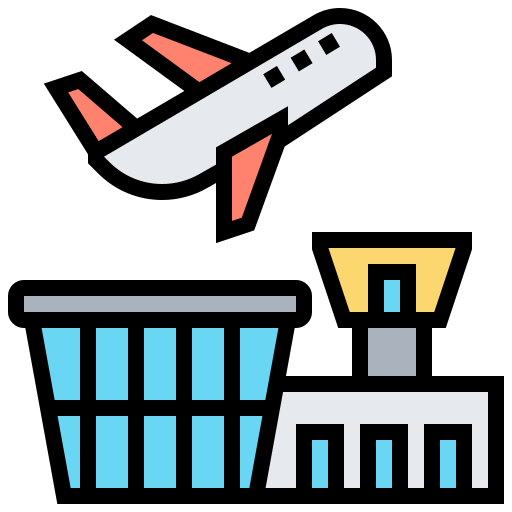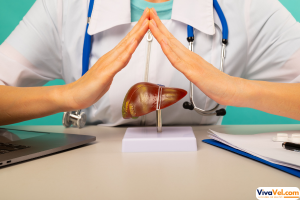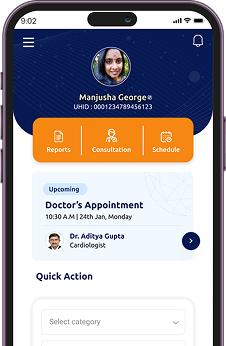About Kidney Transplant
The Kidney Transplant package at Max Super Speciality Hospital, Saket, offers a comprehensive solution for patients suffering from end-stage kidney disease. This package includes pre-transplant evaluation, surgery, post-operative care, and follow-ups to ensure a smooth recovery.

Max Super Speciality Hospital, Saket
Press Enclave Road, Saket, New Delhi
2005
539
Super Specialty
Address & Nearby Location
 Airport (Indira Gandhi International Airport):
Airport (Indira Gandhi International Airport):
Distance: 19.2 kilometers | Travel time: 32 minutes by car
 Railway (New Delhi Railway Station, Paharganj Side):
Railway (New Delhi Railway Station, Paharganj Side):
Distance: 16.4 kilometers | Travel time: 43 minutes by car
 Metro (Nearby Saket Metro Station):
Metro (Nearby Saket Metro Station):
Distance: 2.8 kilometers | Travel time: 7 minutes by car
About Doctor

Dr. Anant Kumar
Chairman - Urology, Renal Transplant and Robotics
Urology, Kidney Transplant, Robotic Surgery
37 Years Experience | 6898 Surgeries & Procedures
Max Super Speciality Hospital, Saket
Dr. Anant Kumar is a highly experienced urologist and kidney transplant specialist based in Delhi, India. With over 35 years of experience, he is well-known for his expertise in robotic and laparoscopic surgeries. Dr. Kumar has served as the Chairman of Uro-Oncology, Robotics, and kidney Transplantation at Max Hospital in Saket, New Delhi, and at Max Hospital Vaishali. ...
-
Max Super Specialty Hospital, Saket, is one of South Delhi's premier hospitals, renowned for its world-class healthcare and advanced medical technologies.
-
With over 530 beds, it is among India's top hospitals, providing a wide array of specialized services to local and international patients.
-
The hospital excels in critical areas like cardiology, oncology, nephrology, neurology, and organ transplants, offering comprehensive treatments, including heart, lung, liver, and kidney transplants.
-
Max Super Specialty Hospital's skilled medical team is dedicated to delivering the highest standards of patient care, aided by cutting-edge diagnostic and treatment technology.
-
Known for minimally invasive procedures, including weight-loss surgeries and complex neurological and reconstructive surgeries, the hospital has cared for over 3.4 million patients.
-
Accredited by NABH and JCI, Max Super Specialty Hospital adheres to rigorous international standards, ensuring patient safety and quality care.
-
For medical travelers seeking expert healthcare in India, Max Super Specialty Hospital combines exceptional treatment options with compassionate care, making it a trusted destination for complex and life-saving procedures.
-
This facility offers an array of state-of-the-art diagnostic and therapeutic technologies, including the first in Asia and India.
-
The facility, with over 539 beds, includes:
-
Specialized units for neonatal and pediatric care
-
TrueBeam Linac with Exactrac
-
Bi-Plane Digital Cath Lab
-
Holmium Laser
-
Da Vinci Xi Robotic System
-
4D ECHO Machine
-
LINAC
-
3.0 Tesla MRI
-
Novalis Tx
-
-
Notably, it is the first in Asia and the third in the world to install an intraoperative MRI, the Brain Suite.
-
It is a leading tertiary care facility with advanced cardiac life support ambulances and air evacuation services.
-
The hospital also offers emergency care, ambulance transportation, a blood bank, a cafeteria, a waiting lounge, a prayer room, a bank and ATM, and a 24/7 pharmacy.
1. Pre-Transplant Evaluation:
-
Consultation with a Nephrologist and Urologist
-
Blood tests (Complete Blood Count, Kidney Function Test, Liver Function Test, Coagulation Profile, etc.)
-
Viral markers (HIV, HBsAg, HCV)
-
Blood group compatibility test
-
HLA Typing & Crossmatch (Donor & Recipient)
-
2D Echo and ECG
-
Chest X-ray and Pulmonary function test
-
Psychological and Nutritional assessment
-
Clearance from Cardiology, Pulmonology, and Infectious Diseases
2. Hospitalization & Surgery:
-
Hospital stay for donor (3–5 days) and recipient (7–10 days)
-
Kidney transplant surgery by an experienced transplant team
-
Charges for OT, anesthesia, and consumables
-
ICU stay (as per medical requirement)
-
Immunosuppressive induction therapy
-
Dialysis (if required pre-surgery)
3. Post-Operative Care & Follow-Up:
-
In-hospital post-operative monitoring
-
Initial immunosuppressive medication
-
Physiotherapy and rehabilitation support
-
Diet and lifestyle counseling
-
Follow-up consultations (first-month post-surgery)
-
Additional hospital stay beyond the package period
-
Management of pre-existing conditions and unforeseen complications
-
Special medications or blood products outside the standard protocol
-
Any additional procedures or interventions required post-transplant
-
Long-term immunosuppressive medications beyond the initial period
Max Super Speciality Hospital, Saket, offers various accommodation options for kidney transplant patients and their attendants to ensure a comfortable stay during treatment.
1. In-Hospital Stay
-
Deluxe Room – Private room with premium facilities
-
Single Room – Spacious room with attached washroom and essential amenities
-
Twin Sharing Room – Cost-effective option with shared facilities
-
General Ward – Budget-friendly option with shared space
2. Nearby Accommodation
For patients and attendants preferring to stay outside the hospital, there are multiple lodging options:
-
Guest Houses & Service Apartments – Fully furnished apartments with kitchen facilities
-
Hotels (Budget to Luxury) – Available within a 1-5 km radius of the hospital
-
Hospital-Associated Accommodation – Partnered guesthouses for patient families
3. Additional Facilities
-
Hospital Cafeteria & Dining Options
-
Pharmacy & Grocery Stores Nearby
-
Transport Assistance for Hospital Visits
-
Special Arrangements for International Patients
📅 Day 1-2: Pre-Admission & Initial Consultation
✅ Arrival in Delhi & Check-in (Hospital/Guest House)
✅ Consultation with Transplant Team (Nephrologist, Urologist, Surgeon)
✅ Detailed Medical History & Physical Examination
📅 Day 3-5: Pre-Transplant Evaluation & Legal Formalities
✅ Blood Tests, Imaging (CT, MRI, X-ray), ECG, and 2D Echo
✅ HLA Typing & Crossmatch for Donor-Recipient Compatibility
✅ Counseling Sessions (Psychological, Nutritional, Financial)
✅ Government & Legal Documentation for Transplant Approval
📅 Day 6-7: Final Pre-Surgery Preparation
✅ Dialysis (if required for the recipient)
✅ Infection Screening & Final Fitness Assessment
✅ Admission to the Hospital (Donor & Recipient)
✅ Pre-Surgery Medication & Fasting Instructions
📅 Day 8: Kidney Transplant Surgery
✅ Surgery (4-6 Hours) in a High-Tech Operation Theater
✅ Post-Surgical Monitoring in ICU (Donor & Recipient)
📅 Day 9-15: Post-Operative Recovery
✅ Recipient – ICU Stay (2-3 Days) & Ward Stay (5-7 Days)
✅ Donor – Recovery in Ward (3-5 Days)
✅ Pain Management, Physiotherapy & Gradual Mobilization
✅ Initial Immunosuppressive Medication & Infection Control
📅 Day 16-30: Discharge & Early Follow-Ups
✅ Discharge with Detailed Recovery Guidelines
✅ Regular Outpatient Follow-ups (Twice a Week)
✅ Medication Adjustment & Lifestyle Counseling
📅 Long-Term Follow-Up (Monthly to Yearly)
✅ Frequent Check-ups (First 3-6 Months)
✅ Kidney Function Monitoring (Creatinine, GFR, etc.)
✅ Long-Term Medication & Diet Management
A kidney transplant is a medical operation in which a new, healthy kidney is transplanted into a person with severe kidney problems. The donor can be living or deceased. The transplant is usually suggested for people whose kidneys have stopped working completely, a condition known as end-stage kidney disease.
In the procedure, the patient's diseased kidneys are usually left in place, and the new kidney is placed in the lower abdomen. The new kidney is connected to the patient's blood vessels and urinary tract, which helps it start filtering blood and making urine as it should.
Before the surgery, the patient must go through tests to ensure they are a good match with the donor kidney. After the operation, the patient must take special medications to prevent their body from rejecting the new kidney. The recovery process involves regular check-ups to monitor the kidney's function and adjust medications.
Most patients experience a significant improvement in their health and quality of life after a successful transplant.
 Here are some common symptoms that may indicate underlying medical conditions:
Here are some common symptoms that may indicate underlying medical conditions:
- Fever and chills: Signs of an infection in the body.
- Pain or discomfort: Around the kidney or other parts of the body.
- Flu-like symptoms: Headache, body aches, and tiredness.
- Urinary tract infection: Burning sensation during urination, frequent urination, or lower abdominal pain.
 The leading causes of kidney failure that may require a transplant are:
The leading causes of kidney failure that may require a transplant are:
- Diabetes: High blood sugar over time damages the kidneys.
- High blood pressure (hypertension): Increased pressure can damage blood vessels in the kidneys.
- Chronic kidney disease: Conditions like polycystic kidney disease.
- Glomerulonephritis: Inflammation in the kidney's filtering units.
- Recurrent urinary infections or blockages.
- Genetic disorders: Some people are born with conditions that affect kidney function.
 If someone with kidney disease shows the following signs, medical attention is essential:
If someone with kidney disease shows the following signs, medical attention is essential:
- Severe fatigue or weakness
- Swelling in the body
- Decreased urination
- Shortness of breath or chest pain
- Persistent nausea or confusion
- A kidney specialist, called a nephrologist, may recommend dialysis or a transplant.
 A kidney transplant may be necessary when someone reaches end-stage kidney disease, but certain factors can impact the outcome:
A kidney transplant may be necessary when someone reaches end-stage kidney disease, but certain factors can impact the outcome:
- Age: Older patients may have more complications.
- Overall health: Conditions like heart disease or infections can affect recovery.
- Donor availability: Finding a matching kidney (from a living or deceased donor) is crucial.
- Previous transplants: Those who have already had a transplant might face more challenges.
- Obesity and smoking: Increase the risk of complications during or after the transplant.
 Before a kidney transplant, a series of tests are performed on both the recipient and the donor:
Before a kidney transplant, a series of tests are performed on both the recipient and the donor:
- Blood tests check blood type, tissue matching, and overall health.
- Antibody tests: To see if the recipient's body may reject the new kidney.
- Imaging tests: Ultrasounds or CT scans of the kidney and other organs.
- Heart and lung tests ensure the patient is strong enough for surgery.
- The donor undergoes similar tests to ensure compatibility and health.
 A kidney transplant involves the following steps:
A kidney transplant involves the following steps:
- Finding a donor:
- Living donor: A healthy person (often a family member or friend) donates one of their kidneys.
- Deceased donor: A kidney from someone recently passed away may be used if it matches.
- Surgery:
- The new kidney is placed in the lower abdomen (belly).
- The patient's kidneys are usually left in place unless there's an infection or other problem.
- The new kidney's blood vessels are connected to the patient's, and the ureter (the tube that connects the kidney to the bladder) is attached.
- After the surgery:
- Recovery: Usually takes a few weeks, during which the patient is monitored for complications.
- Anti-rejection medication: Patients need to take medicines (immunosuppressants) to prevent the body from rejecting the new kidney.
- Follow-up care: Regular check-ups, blood, and urine tests ensure the kidney functions appropriately.
 Do's:
Do's:
- Take medications as prescribed to prevent rejection.
- Stay hydrated: Drink enough fluids to support kidney function.
- Eat a healthy diet: Focus on fruits, vegetables, lean protein, and low-sodium foods.
- Exercise: Gentle physical activity is encouraged, but avoid heavy lifting until cleared by your doctor.
- Attend follow-up appointments: Regular monitoring is crucial to detect any problems early.
- Maintain hygiene: Prevent infections by washing hands regularly and avoiding people who are sick.
 Don'ts:
Don'ts:
- Avoid skipping medications: Missing doses of immunosuppressants can lead to rejection.
- Avoid high-sodium foods: Too much salt can cause fluid retention and harm the new kidney.
- Don't smoke or use tobacco products: These can increase the risk of complications.
- Limit alcohol: Alcohol can affect medication and kidney function.
- Avoid heavy lifting or strenuous exercise until the doctor approves.

















